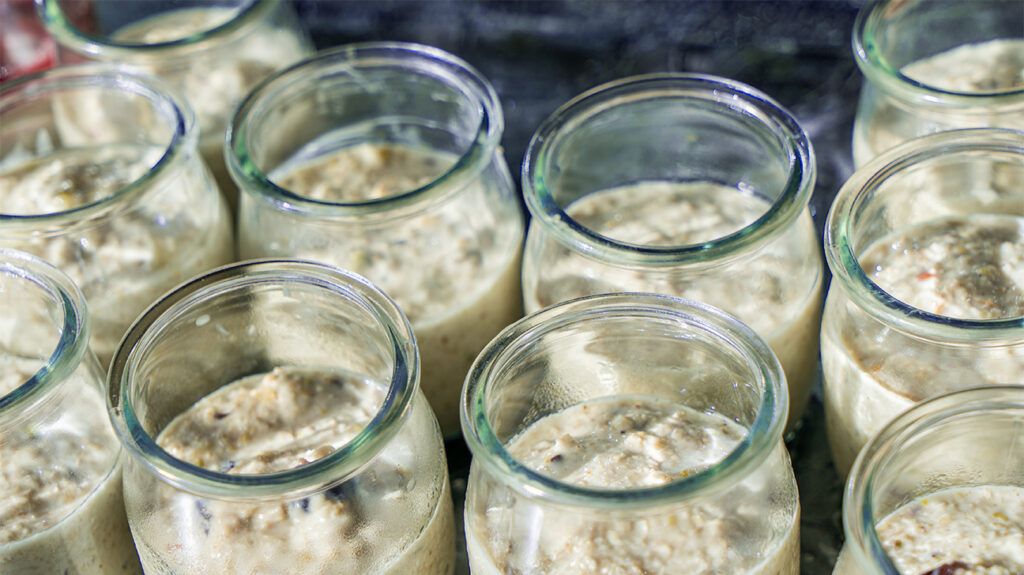New Research Links Potassium-Rich Diet to Reduced Depression Risk

A new study suggests that consuming a diet rich in potassium and other essential minerals may help lower the risk of depression. Learn how dietary choices can support mental health.
Diets high in minerals, especially potassium, have been associated with a lower risk of depression according to a recent study. Researchers analyzed health data from over 22,000 participants in Korea and the U.S., finding that increased potassium intake may play a protective role in mental health across different populations. The study also identified other minerals, such as zinc and sodium, as potentially beneficial in reducing depression risk, with variations based on cultural dietary patterns. Experts emphasize that incorporating potassium-rich foods like fruits, vegetables, and nuts into daily meals could support mood stabilization and overall mental well-being. While causality remains to be established, these findings highlight the importance of dietary strategies for mental health prevention. Consultation with nutrition professionals is recommended to optimize intake of essential minerals for mood regulation.
Stay Updated with Mia's Feed
Get the latest health & wellness insights delivered straight to your inbox.
Related Articles
The Impact of Social Media Misinformation on Food and Nutrition Beliefs
Social media platforms are spreading nutrition misinformation that strongly influences food choices and personal identity, posing challenges to public health and individual well-being.
Gender Differences in Food Response: Young Girls Less Responsive to Fullness Cues Than Boys
A new study reveals that young girls may be less responsive to internal fullness cues compared to boys, influenced by social and developmental factors. This highlights the importance of teaching children to listen to their body's signals for healthier eating habits.
Childhood Obesity Trends Persist in Central Indiana Post-Pandemic
Recent data from Indiana reveals that childhood obesity rates in Central Indiana remain high post-pandemic, underscoring the urgent need for targeted interventions and community-based strategies.
The Impact of Minimally Processed Foods on Weight Loss: New Study Insights
Discover how choosing minimally processed foods can double your weight loss results and improve overall health. A new study highlights the benefits of eating whole, nutrient-dense foods for effective weight management.



